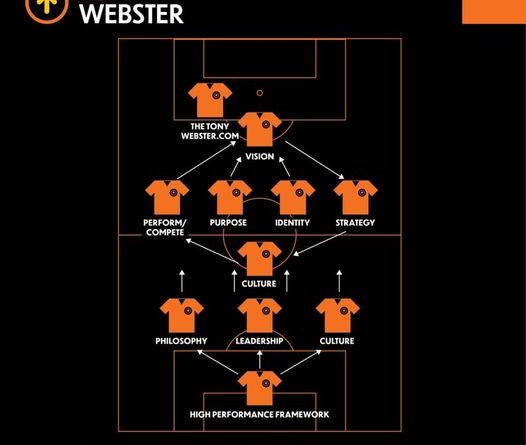Football is always a hot topic, but currently it seems we are looking less at the pitch and more at the finances of our favourite teams. 2020 was a challenging time for all businesses, but football clubs are particularly vulnerable given their unique financial structure, operating models and management. Unfortunately, many clubs are potentially now experiencing financial difficulties or even looking at bankruptcy due to their lack of financial resilience and the historical loss-making model.
We are all familiar with the usual financial set up of a club (save for the big clubs). We typically see a wealthy owner covering the shortfall on the wage costs to a level he or she determines and too many clubs are stuck in this cycle. They hire a new manager, invest in his thinking, provide the budget to spend on new players, struggle to win the matches needed to progress up the league, and then sack the manager. Only to repeat this whole process over and over, expecting a different outcome each time.
“Do what you’ve always done and get what you’ve always got” – very apt in regard to English football clubs.
It begs the question: why do they keep doing that? Surely there has to be a better way… I believe there is.
Firstly, we need to have a mindset shift and stop focusing on this ineffective, short term plan and start looking more at long term strategy. Suddenly the conversation sounds more like we are discussing a business rather than a club, and that is the key point. A football club is actually a small business, with turnover of between £2m and £50m (outside of the Premier League).
Whether it is a sports organisation or a business, the traits of high performance are evident in both. There are numerous inter-transferable lessons, which can be applied in ‘situation specific’ ways to English football clubs.
It starts with the whole organisation and not just the first team or manager. Build the club first, developing the vision and philosophy. Engage and partner with all stakeholders – staff, fans, corporate partners, and the wider community. Ensure all parties are living and breathing the vision. If you get your foundations right, you can build togetherness, team spirit, and a ‘stronger together’ mentality.
The most successful businesses work by understanding that it is the whole business that creates success and not just one area of it. Everyone in the company should have a clear understanding of the defined strategy, goals and path to success. This is about working in a transparent way and empowering your staff to be part of the future.
The good news is, football clubs are already part of the way there. They are naturally high performing environments where the staff are already on board as this is their passion and their team. Embracing this across the whole workforce from the receptionist to the kit man is essential. It seems for many clubs they only see themselves in terms of the players, rather than taking advantage of this raft of supportive and loyal staff.
With any successful organisation, leadership is paramount, and I don’t just mean the person at the very top of the organisation, but the many leaders throughout the various departments. Having said that, the leader does need to envision the whole team, empower them, provide them with the tools and support they need to achieve their best. And let’s not forget the fans, where would a club be without them? Fans should be encouraged to be more involved in the club – they become natural ambassadors and encourage more people to become fans. The revenue bought in by fans is immensely valuable, however the businesses they attract can have a more significant impact on the club. Due to the great diversity of fans, virtually every business can find a buyer amongst the fanbase to buy what they are selling. Reaching these businesses is a vital component to a club’s success.
Transitioning to a new paradigm is a brave thing to do when all around are following one path. But with authentic leadership and an experienced management team that breeds open thinking, there is a chance for clubs to build deep foundations on which to build continuous and financially sustainable success both on and off the pitch.



